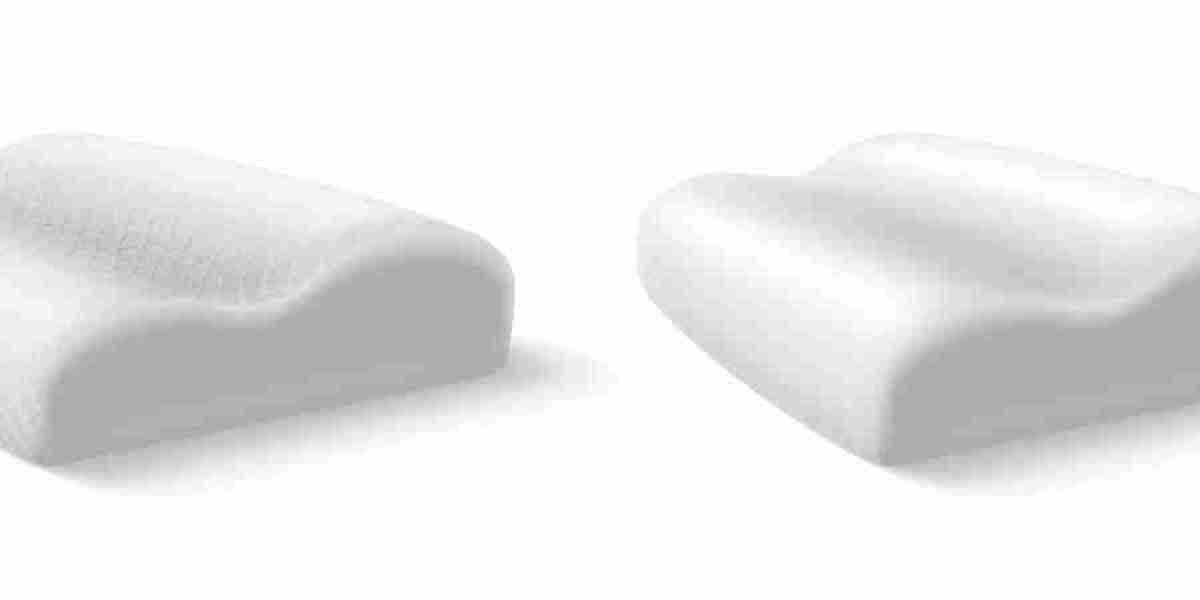The gelatin substitutes market is rapidly expanding, driven by increasing consumer demand for plant-based and sustainable alternatives across food, beverages, cosmetics, and pharmaceuticals. With rising awareness of the environmental, ethical, and health implications of traditional animal-derived gelatin, several players are competing in the market to provide innovative solutions. This article explores the competitive landscape of the gelatin substitutes market, highlighting key players and their strategies to capitalize on growth opportunities.
1. Market Overview
The gelatin substitutes market is characterized by the growing shift towards plant-based alternatives, as consumers increasingly seek products that align with vegan, vegetarian, and clean-label trends. As awareness of the ethical concerns around animal farming and the environmental impact of gelatin production rises, manufacturers are introducing innovative solutions to cater to these consumer demands. Key gelatin substitutes include agar-agar, pectin, carrageenan, gellan gum, and xanthan gum, among others.
The market is highly fragmented, with several established players and emerging companies competing for market share. The competition is not only focused on product innovation but also on expanding geographical reach, improving production processes, and meeting evolving regulatory standards for plant-based ingredients.
2. Key Players in the Gelatin Substitutes Market
Several companies are leading the way in the gelatin substitutes market, focusing on product development, sustainability, and expanding their portfolio of plant-based solutions. Some of the key players include:
Kerry Group
Kerry Group is a global leader in the food and beverage industry, providing a wide range of plant-based ingredients, including gelatin substitutes. The company offers a diverse portfolio of gelling agents such as agar-agar, pectin, and gellan gum, which are used in various food applications, including confectionery, dairy alternatives, and beverages. Kerry Group’s focus on innovation, sustainability, and health-conscious solutions has helped it maintain a strong presence in the gelatin substitutes market.Ingredion Incorporated
Ingredion is another major player in the gelatin substitutes market, offering a range of plant-based gelling agents such as gellan gum and pectin. Ingredion is known for its innovation in clean-label ingredients and is committed to sustainability and ethical sourcing. The company’s extensive research and development capabilities have enabled it to introduce advanced plant-based alternatives that meet the growing demand for vegan, gluten-free, and allergen-free products.DSM Nutritional Products
DSM is a global leader in the nutritional and health ingredients market, with a significant presence in the gelatin substitutes sector. The company specializes in developing plant-based alternatives to traditional gelatin, including agar-agar and other functional ingredients used in the food, pharmaceutical, and cosmetics industries. DSM focuses on providing high-quality, sustainable alternatives to meet the growing demand for plant-based products.Cargill Inc.
Cargill is a multinational company known for its extensive food and beverage ingredient portfolio, which includes gelatin substitutes. The company offers a range of plant-based gelling agents, such as agar-agar and pectin, that cater to the demand for vegan and clean-label products. Cargill’s expertise in sustainable sourcing and innovation in plant-based ingredients has positioned it as a key player in the gelatin substitutes market.Tate & Lyle PLC
Tate & Lyle is a leading global provider of food and beverage ingredients, offering a variety of plant-based gelatin substitutes, including gellan gum, pectin, and xanthan gum. The company’s commitment to sustainability and innovation has made it a preferred supplier for manufacturers looking for high-quality, plant-based ingredients. Tate & Lyle’s focus on clean-label products and functional ingredients has allowed it to expand its market share in the gelatin substitutes segment.Ashland Global
Ashland Global is a key player in the gelatin substitutes market, offering a range of plant-derived gelling agents such as gellan gum and agar-agar. The company specializes in providing functional ingredients for the food, beverage, and pharmaceutical sectors. Ashland’s focus on research and development has enabled it to develop innovative solutions that cater to the growing demand for vegan, gluten-free, and allergen-free products.Gelita AG
Gelita, a leading producer of gelatin, has also expanded into the gelatin substitutes market by offering alternatives such as agar-agar and pectin. The company has a strong presence in the global market and is known for its focus on sustainability and innovation. Gelita’s extensive research capabilities have allowed it to diversify its product offerings and cater to the increasing demand for plant-based alternatives in food and beverage applications.
3. Competitive Strategies
The competitive strategies of key players in the gelatin substitutes market revolve around product innovation, sustainability, geographical expansion, and meeting regulatory requirements for plant-based ingredients.
Product Innovation:
Companies in the gelatin substitutes market are heavily investing in research and development to create new and improved alternatives to animal-derived gelatin. Innovations include the development of gelling agents with enhanced sensory properties, improved texture, and a broader range of applications. By creating new formulations that meet specific consumer needs, such as allergen-free, gluten-free, and vegan products, companies are gaining a competitive edge in the market.Sustainability and Ethical Sourcing:
With the growing focus on environmental sustainability, companies in the gelatin substitutes market are increasingly prioritizing the use of renewable, plant-based resources. Many players are committed to ethical sourcing practices, such as using sustainable seaweed for agar-agar production or sourcing pectin from fruits. Sustainability initiatives are not only helping companies attract environmentally-conscious consumers but also meet the growing demand for eco-friendly ingredients in food products.Geographical Expansion:
To capture growth in emerging markets, key players are expanding their geographical reach by establishing production facilities, distribution networks, and partnerships in regions such as Asia-Pacific, Latin America, and the Middle East. These markets are experiencing increased demand for plant-based and vegan products, making them attractive for investment. Companies are also forming partnerships with local distributors and manufacturers to penetrate these emerging markets effectively.Clean-Label and Health-Focused Solutions:
As consumer preferences shift toward clean-label products and healthier alternatives, companies in the gelatin substitutes market are focusing on offering products with transparent ingredient labels, free from artificial additives and preservatives. The demand for functional foods is also increasing, and companies are developing gelatin substitutes that offer added health benefits, such as fiber enrichment or improved nutritional profiles.
4. Market Trends and Future Outlook
Plant-Based and Clean Label Products: The ongoing trend toward plant-based diets, clean-label products, and allergen-free ingredients is expected to continue driving the demand for gelatin substitutes. Companies will need to innovate to provide solutions that meet the needs of health-conscious, vegan, and environmentally-aware consumers.
Technological Advancements in Production: Advancements in production technologies, including more efficient extraction and processing methods, will likely reduce the cost of plant-based gelatin substitutes, making them more accessible to a wider range of manufacturers.
Growing Investment in R&D: As competition intensifies, companies will increasingly invest in R&D to enhance the functional properties of gelatin substitutes and expand their applications across various industries.
Final Thoughts
The gelatin substitutes market is poised for significant growth, driven by the shift toward plant-based, vegan, and clean-label products. Key players in the market are leveraging innovation, sustainability, and geographical expansion strategies to capitalize on emerging opportunities. With the increasing demand for ethical, health-conscious, and environmentally-friendly ingredients, the competitive landscape in the gelatin substitutes market will continue to evolve, offering exciting opportunities for manufacturers and investors.




